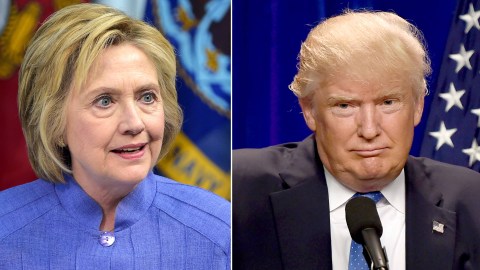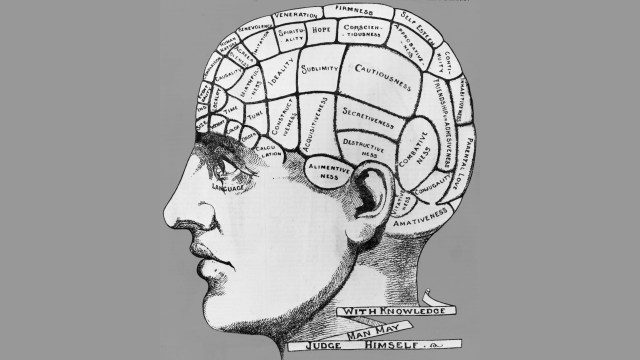America’s Political Language Is Objectively Becoming More Polarized, Says New Study

If you were given a one minute long transcript of a Congressional speech, could you determine the political party of the speaker?
According to researchers from Stanford, Brown, and Microsoft, the answer is yes, and quite easily. By studying Congressional speeches from 1873 to 2009, the researchers were able to determine that the use of language itself has become more polarized to go along with our politics.
By paying attention to the most unique, relevant, and often spoken words and phrases, the study showed a dramatic increase in the use of partisan language over the last one hundred and forty years. With the increase over the last twenty two years being the most impressive, due in large part to the introduction of media savvy campaigns and the use of more effective rhetoric.
If you were to make that guess in 1873, you would have a 54% chance of getting it right; not bad for a two party system. In 1990, those odds had only increased to 55%. However, that guess in 2009 comes with a 83% chance of success, with most of the gains in your odds coming after 1994.
The study also showed a fundamental difference in the way language was partisan then and now. In 1887, if you discussed the tariff on the floor of Congress you were probably a Southern Democrat. If at the same time you even mentioned a fishing treaty with Canada, you were probably a New England Republican. This tendency continued for most of the last century: major partisan divisions on language reflect entirely different topics of discussion, often more in debt to sectional interests than ideological purity.
But the way that the language is polarized has changed. In 2009, if you heard a Congressperson say “undocumented workers” they were probably a Democrat, if they discussed “illegal aliens” they were probably a Republican. The topic of discussion is the same, immigration, but the language used carries rhetorical and partisan weight to it. The study shows this to be true for many issues, ranging from education to taxes and even to the state of the post office. While differences in issue choices still exist, the use of such remarkably differing language is new.
Is this important? After all, liberals and conservatives would probably still disagree on the issues if they happened to use the same language. However, questions of language go beyond politics and into many other realms which affect us all in our daily lives.
The introduction of Catalan-language education has helped strengthen a the Catalan identity within Spain, which continues its attempts at independence. The likelihood that you save for the future, smoke, or use birth control are all affected by what language you speak, according to the famous study on language and behavior by Keith Chen (and his TED Talk). More politically, when asked if they support “The Affordable Care Act”, more Americans will respond positively than if you ask them about their support for “Obamacare”, despite those options being the same.
While polarization in American politics has existed before at even higher levels than we see today, the polarization of language is a relatively new phenomenon. Given the prevalence of partisan media, it is also easy to presume that the use of polarized language goes out beyond the halls of Congress and into the homes of all Americans. Given the effects of the use of particular language on our behavior, how can we hope to understand one another if we are not even speaking the same language?
—
SOURCES:
CNN Political Unit. “Poll: ‘Obamacare’ vs. ‘Affordable Care Act'” CNN Political Ticker RSS. CNN Political Unit, 27 Sept. 2013. Web. 31 July 2016.
Chen, M. Keith. 2013. The effect of language on economic behavior: Evidence from savings rates, health behaviors, and retirement assets. The American Economic Review 103(2): 690-731.
Gentzkow, Matthew, Jesse M. Shapiro, and Matt Taddy. Measuring Polarization in High-Dimensional Data: Method and Application to Congressional Speech.Http://web.stanford.edu/~gentzkow/research/politext.pdf. Stanford University, n.d. Web. 30 July 2016.





